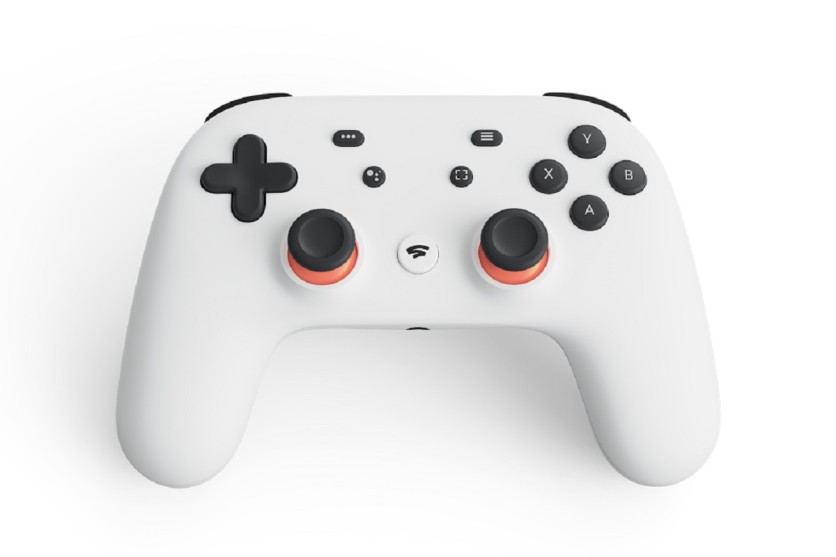
More details are now available about Google Stadia, the cloud-based game streaming service set to take the gaming world by storm this Nov. 19.
First off, the compatible devices. Google Stadia will work on all the Pixel phones, except the original model, meaning Pixel 2, Pixel 3, and the just-announced Pixel 4 are the only phones that can access Google's streaming service.
Google Stadia Device Compatibility
Google sort of made the announcement by updating the "Stadia availability and requirements" page, which includes information on which laptop and tablet models can support Stadia as well. Google has yet to specify Stadia's technical requirements, but extending it to the Pixel 2 handsets seems promising.
For the record, the Pixel 2 and Pixel 2 XL comprise that lineup, and both are powered by a Qualcomm Snapdragon 855 chip. Perhaps this is the baseline requirement to run Stadia? Make sure to check back with Tech Times as we learn more.
Google Stadia Wireless Controller
Aside from phone compatibility, Google also revealed key details about the Stadia wireless controller. As it turns out, it will have limited wireless capabilities at launch. While it'll work wirelessly while playing Stadia on a Chromecast Ultra, users will have to plug in a USB-C cable to play it on their computers or phones.
Back in March, when Stadia was announced, Google boasted how users could seamlessly switch from gaming on a TV to a laptop or phone while using the same controller, without having to pair it to each new target device. But this clearly won't be the case, at least at first.
9to5Google spotted this tidbit, noting Google recently added a disclaimer in a new explainer video, in which it states that wireless play will only be available on Chromecast Ultra at launch. A Google community manager on Reddit shortly confirmed that users will need to whip out USB-C cables for other devices, as Bluetooth won't be an option at launch.
The reason for this limitation isn't exactly clear, but Google says it wants to focus on getting TV play right first because it wants the big-screen experience to be as smooth as possible. That's understandable. Google has to prove it can hold a candle to experiences offered by the likes of, say, PlayStation 4 and Nintendo Switch, after all.
From another standpoint, however, is it wise to slightly neglect smartphone users — the ones who probably will make use of Stadia of most? Isn't Stadia billed as platform-agnostic, too?
Google Stadia comes out Nov. 19. Perhaps seamlessly swapping the wireless controller between devices will follow shortly, maybe in 2020.
ⓒ 2025 TECHTIMES.com All rights reserved. Do not reproduce without permission.




